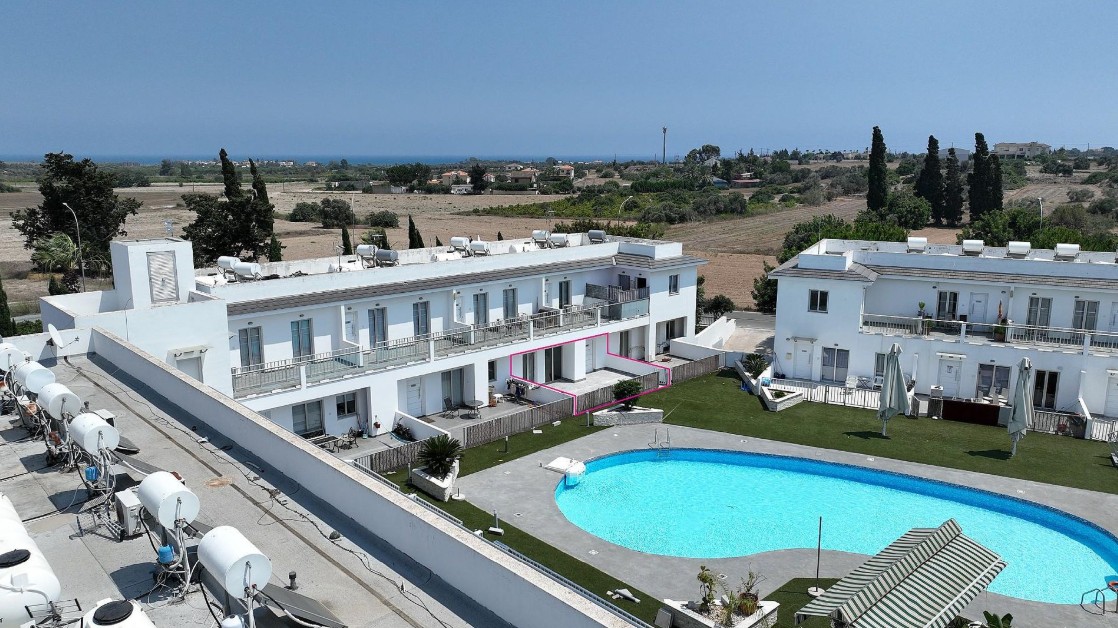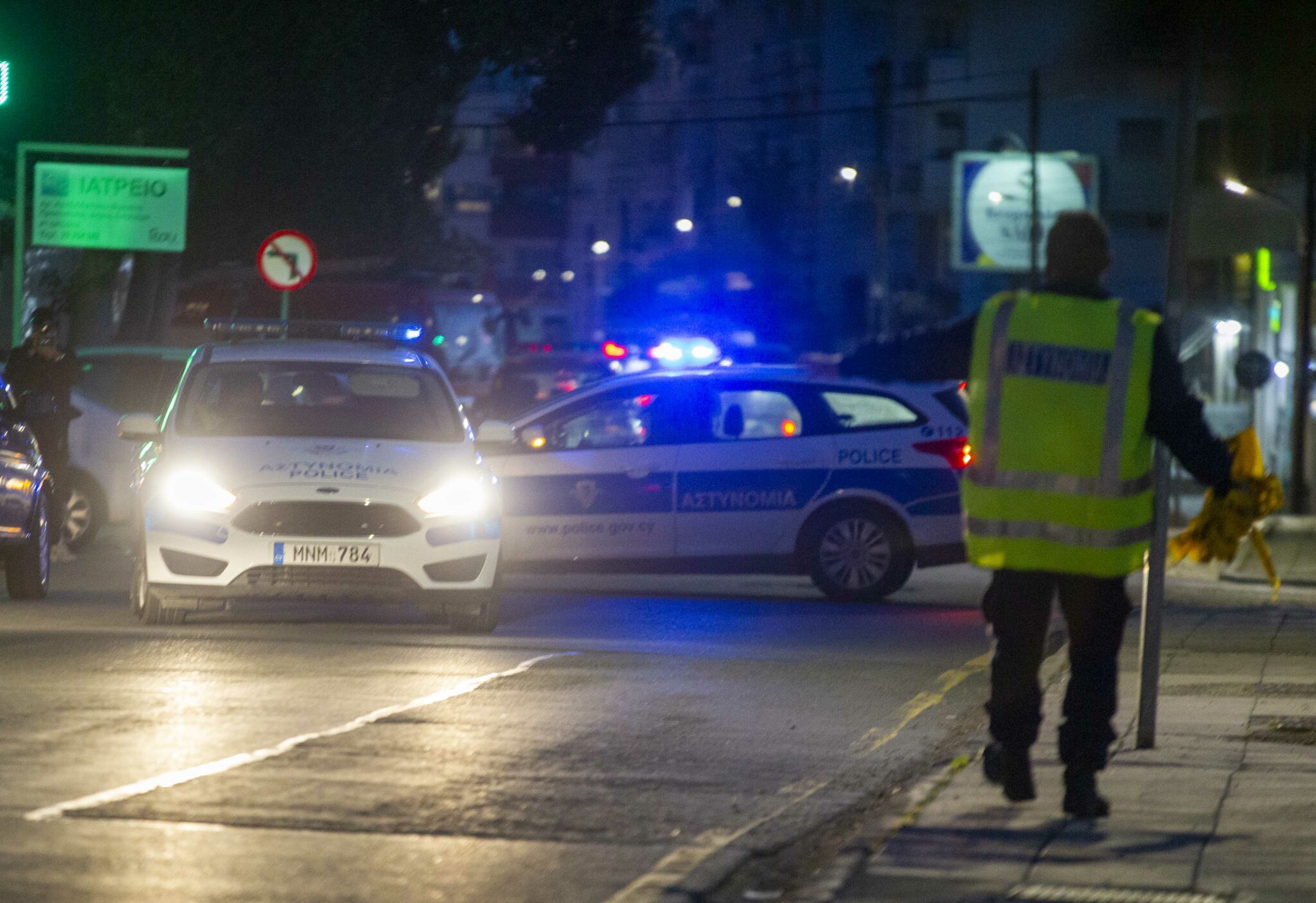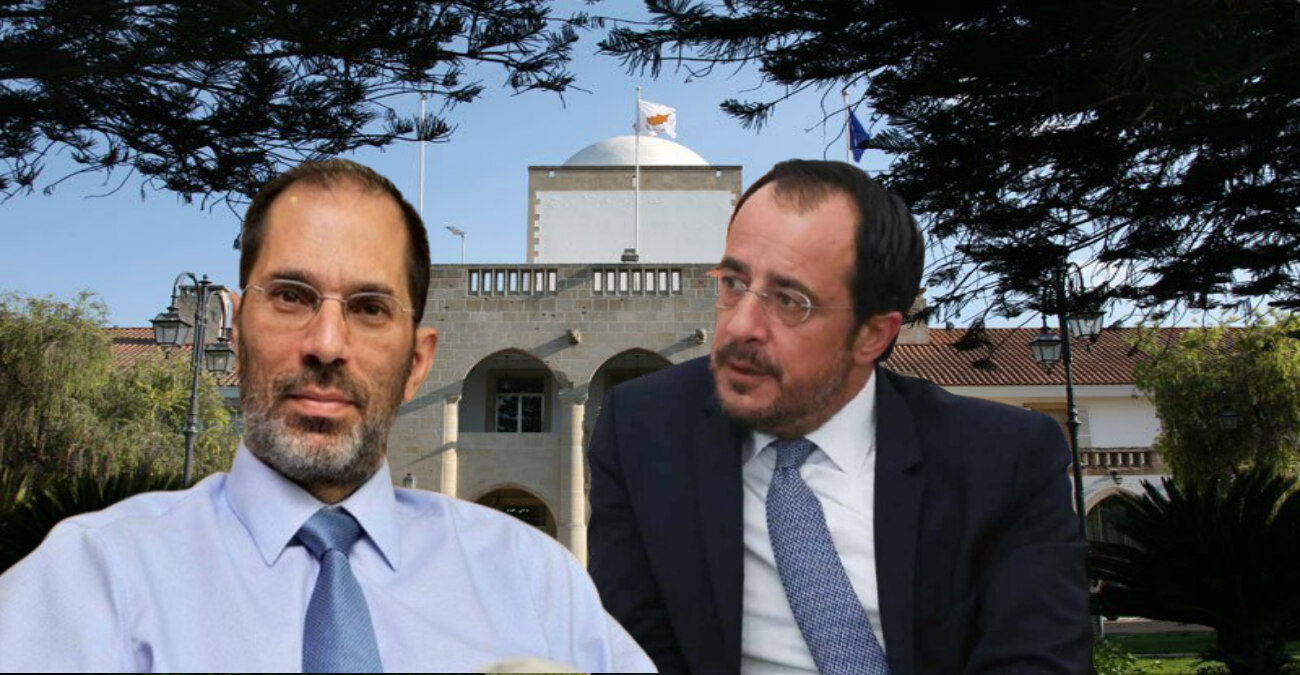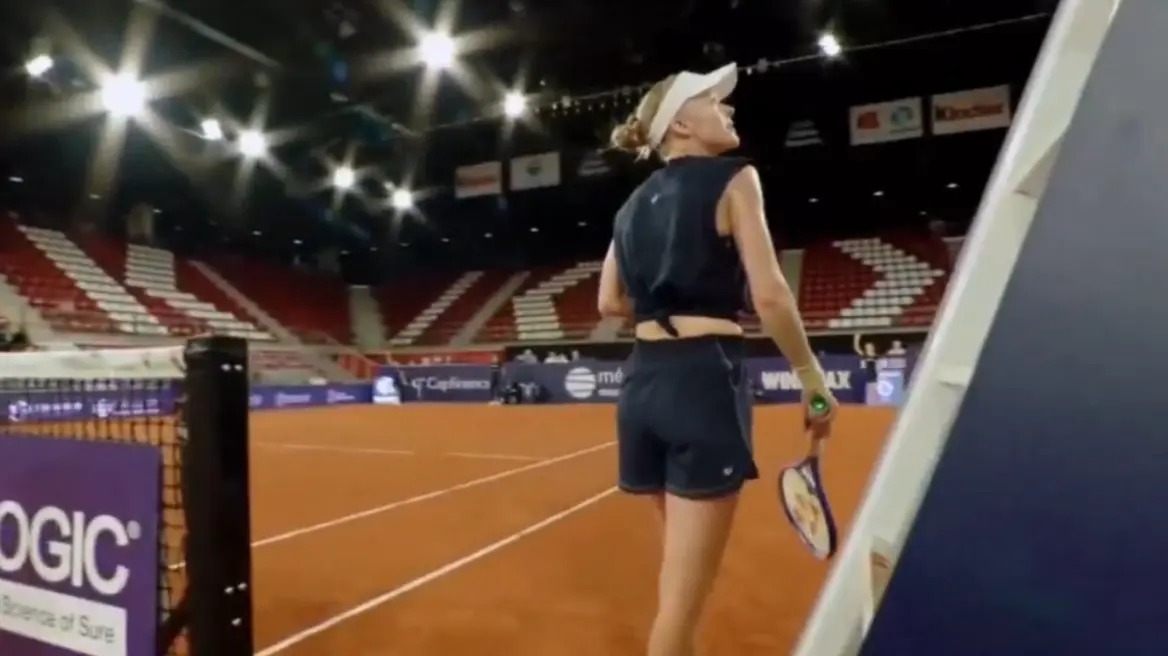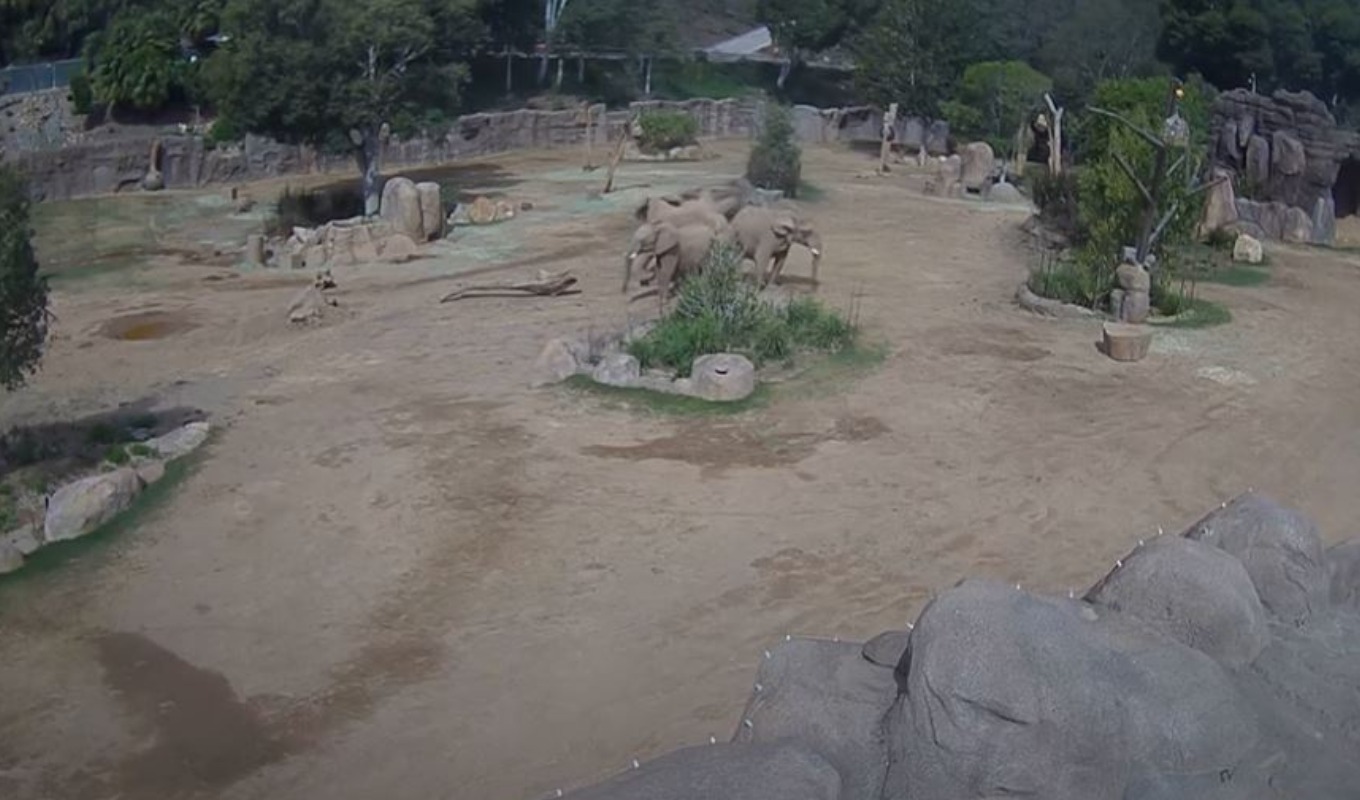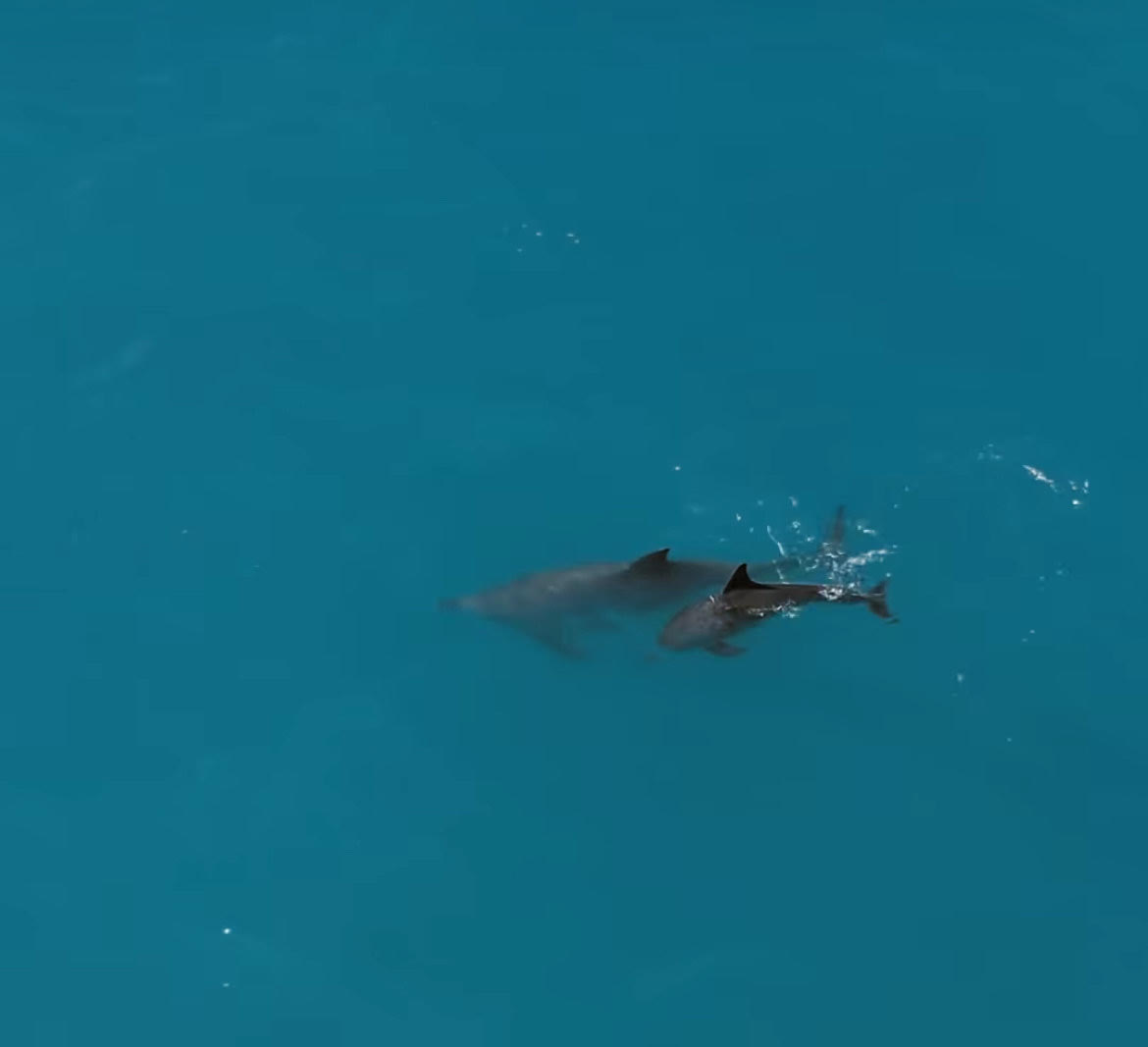Agriculture Minister Costas Kadis has expressed concern over the loss of biodiversity as and reiterated the need for greater awareness and action before the problem becomes irreversible.
He was speaking during an event organized as part of the EU funded programme EnVeROS – Erasmus+ which focuses on Wildlife Vehicle Collision (WVC) and the negative impact this has on both biodiversity and society.
The number of accidents involving wildlife in some European countries is on the increase. According to recent study (Antonio et. al, 2015) in Spain there have been 74,600 WVCs reported from 2006 to 2012, a number comprising up to 8.9% of all reported road traffic accidents in the country. Through this research, the first assessment of the economic costs of WVC interaction was made, with an estimate calculated at €105 million per year.
Kadis noted that beyond the loss of the lives of animals, there is a danger of injury or loss of human life as a result of such collisions, while dead animals on the roads pose risks to public health.
During the past decades in Cyprus there has been a significant expansion in the road network which goes through protected areas, leading to the death of animals on the roads, including many protected fauna.
Tackling the problem requires the cooperation of a number of agencies, but also of citizens themselves.
The public must become more aware and better informed about the importance of biodiversity and change their habits to better protect it.
Tackling the problem requires the cooperation of a number of agencies, but also of citizens themselves.
The public must become more aware and better informed about the importance of biodiversity and change their habits to better protect it.
The Open University of Cyprus has been focusing on the issue of wildlife vehicle collision deaths through the programme CyROS (Cyprus Roadkill Observation System) which records such cases on the island and is the coordinator of EnVeROS – Erasmus+.
EnVeROS brings together key partners from three EU countries – Cyprus, Italy and the Czech republic — to exchange ideas and practices and develop a training programme for young adults and professionals working in the environmental and conservation sectors, providing insights on mitigation measures and reactions best addressed on a case by case scenario.
EnVeROS brings together key partners from three EU countries – Cyprus, Italy and the Czech republic — to exchange ideas and practices and develop a training programme for young adults and professionals working in the environmental and conservation sectors, providing insights on mitigation measures and reactions best addressed on a case by case scenario.
The EU through legislative measures is addressing a number of obstacles related both directly and indirectly with WVC and its impacts to environment and road safety.
Edited by Bouli Hadjioannou





